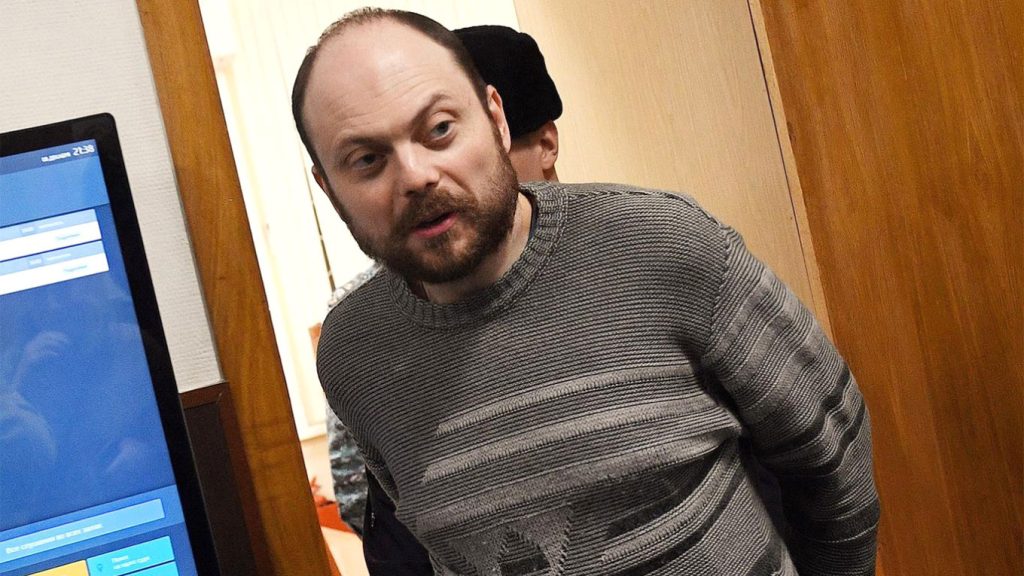
In a recent court hearing in Russia, Vladimir Kara-Murza, a vocal Kremlin critic, was sentenced to 25 years behind bars for treason and other offenses. The 41-year-old father of three had been speaking out against the Ukraine invasion during speeches he gave in the U.S. and Europe. The court hearing was closed to his supporters and the media.
Kara-Murza remained defiant after the sentencing, telling the court that one day «Russia would be free.» He has been in custody in Russia since April 2022, despite the Kremlin’s crackdown on its critics, which put him at great risk.
Last week, Kara-Murza said he remains proud of standing up to Russian President Vladimir Putin’s «dictatorship» and his decision to send troops into Ukraine. «I know that the day will come when the darkness engulfing our country will clear,» Kara-Murza said in remarks posted on social networks and Russian opposition media. «And then our society will open its eyes and shudder when it realizes what terrible crimes were committed in its name.»
Canada and other Western governments condemned the sentence, with Canada’s ambassador to Russia, Alison LeClaire, calling it a «sad testament to the dark turn this struggle has come to.» LeClaire, along with ambassadors from the U.K. and U.S., was present outside the court where Kara-Murza’s sentencing took place. Canada and the U.S. have previously sanctioned Russian officials involved in Kara-Murza’s arrest and prosecution.
Kara-Murza’s wife, Evgenia Kara-Murza, called the sentence an «act of cynical revenge,» and stated that her husband’s work and effectiveness had made the Kremlin afraid of him. She expressed concerns about her husband’s health, as he has suffered from poisonings in 2015 and 2017, which he blamed on the Kremlin, and now suffers from a serious nerve disorder called polyneuropathy.
Kara-Murza, a journalist and associate of Russian opposition leader Boris Nemtsov, who was killed in 2015, had been convicted of charges related to speeches he gave in Arizona, Lisbon, Washington, and Helsinki. He had forged a relationship with Arizona Sen. John McCain and was chosen to be a pallbearer at his funeral in 2018.
For years, Kara-Murza had been lobbying Western nations to adopt sanctions against human rights violators in Russia. He had visited Canada multiple times and urged countries to implement sanctions named after Sergei Magnitsky, a Russian tax lawyer who died in a Russian prison in 2009 after uncovering widespread fraud.
Despite the harsh sentencing, Kara-Murza’s wife and others at the Washington, D.C.-based Free Russia Foundation, which Kara-Murza was affiliated with, are determined to carry on his work. While acknowledging the hardships faced by her family due to Kara-Murza’s return to Moscow, Evgenia Kara-Murza understands why he chose to go back, stating that he had to be there and share the risks and challenges.
The sentencing of Kara-Murza is seen by many as a reflection of the deteriorating state of freedom of expression and human rights in Russia, with concerns raised about the lack of commitment by the Russian government to protect fundamental human rights, including freedom of expression. As Kara-Murza remains defiant and committed to his cause, the international community continues to condemn his sentencing and call for a free and democratic Russia.